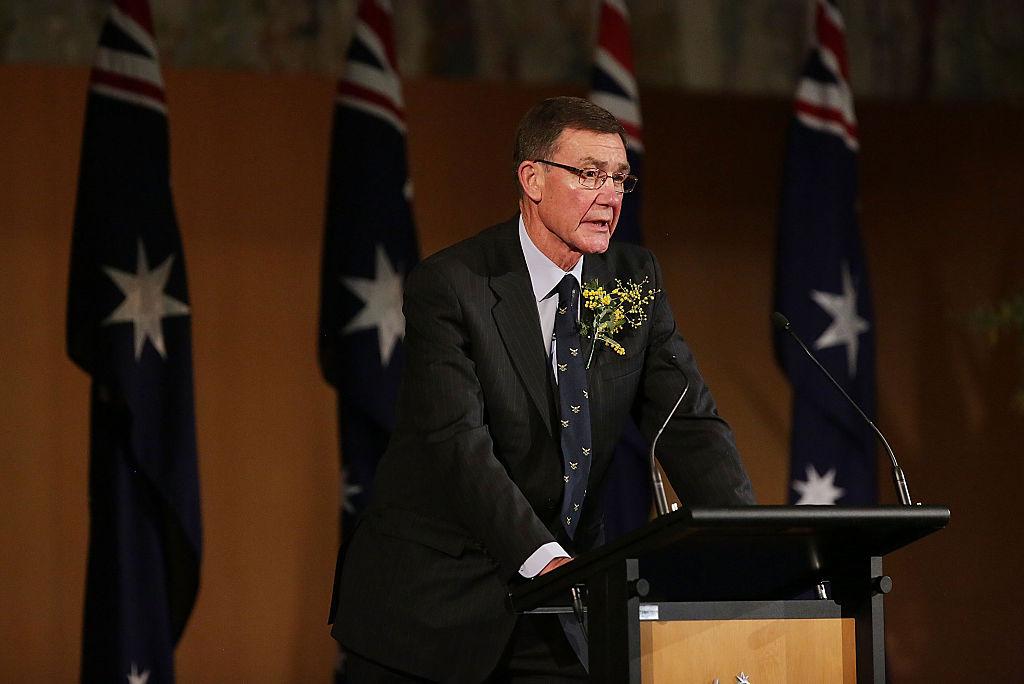Australia’s commitment to purchasing nuclear submarines through the AUKUS pact—forecast to cost up to $368 billion (US$239.8 billion) between now and the mid-2050s—risks “cannibalising” necessary military spending, former Chief of the Defence Force Sir Angus Houston has warned.
Speaking to the U.S. Studies Centre (USSC) Sydney, he said the only way to avoid depriving other arms of the military would be for Australia to immediately increase its defence spending to 3 percent or more of GDP.





